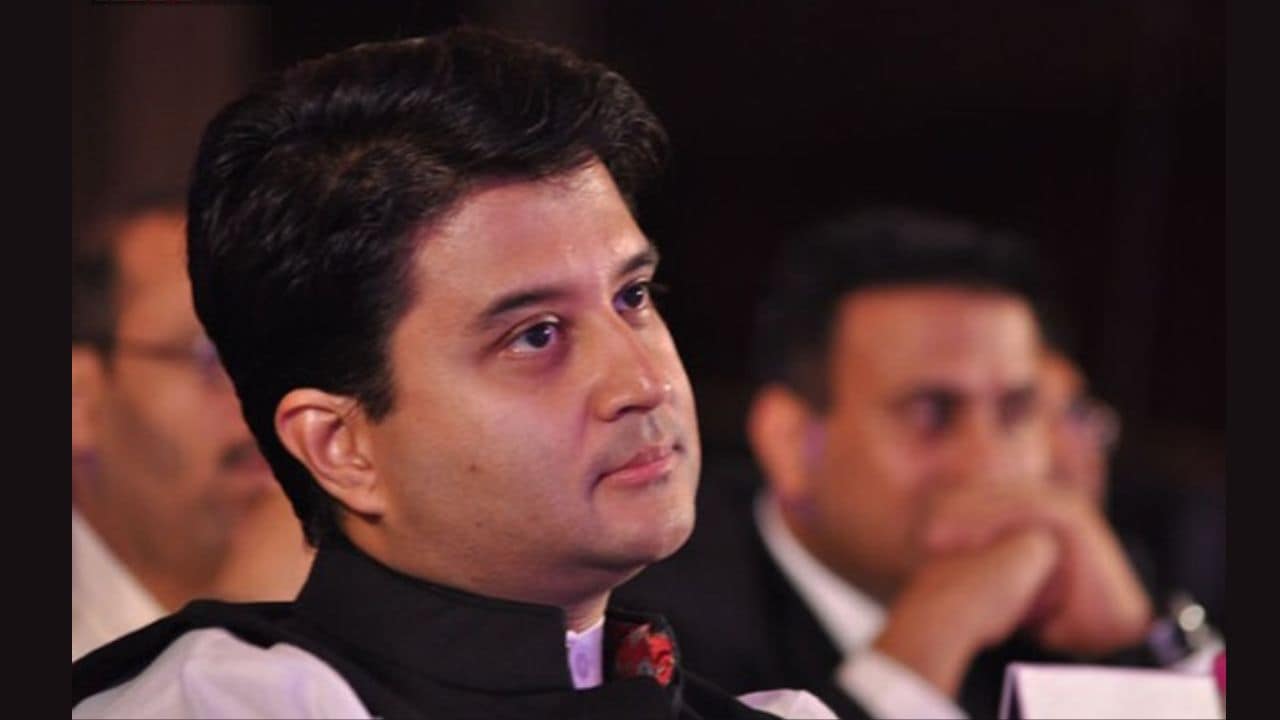Minister of Communications and Development of North Eastern Region Jyotiraditya Scindia along with Chandra Sekhar Pemmasani, Minister of State for Communications, held separate meetings with the recently constituted Stakeholders Advisory Committee (SAC) on telecom sector original equipment manufacturers (OEMs), telecom service providers (TSPs) and tele-electronic eco-system.
The focus of the meeting was on making India a hub of telecom products manufacturing and ease of doing business.
The meeting was attended by the likes of Reliance Jio Chairman Akash Ambani and its MD Pankaj Pawar, Rajan Mittal, VC of Bharti Enterprises and Akshaya Moondra, MD, Vodafone Idea, among others.
During the meeting, telcos urged the Minister to bring over-the-top (OTT) communication players like Google, WhatsApp and Telegram under the regulatory fold and Telecom Act.
On September 18, TRAI issued recommendations to streamline the licensing framework under the new Telecom Act, excluding OTT communication apps likes of Google, Telegram, WhatsApp from new licensing rules.
Read more: TRAI excludes likes of Google, Telegram, WhatsApp from new licensing rules
All major telecom companies, including Jio, Airtel, and Vodafone, argue that OTT apps should be regulated under the Telecommunications Act, 2023, as they rely on telecom infrastructure.
Meanwhile, the likes of Broadband India Forum (BIF), National Association of Software and Services Companies (NASSCOM) and the Internet and Mobile Association of India (IAMAI) have argued that OTTs are already governed by the Information Technology Act 2000. In fact, last year, the then telecom Minister Ashwini Vaishnaw also clarified that OTT apps are governed by the IT Act and not the Telecom Act.
Despite that, telecos are pushing for OTT services to be regulated on par with themselves to ensure a ‘level playing field’— subjecting OTTs to a similar licensing regime and taxation as telcos.
Read more: TRAI to soon release recommendations on regulating OTT apps under Telecom Act: Exclusive
That apart, amidst the Supreme Court’s rejection of the petitions of both Vodafone Idea and Bharti Airtel on computing adjusted gross revenue (AGR) dues, Scindia also assured the telcos that the AGR matter would be examined by the Department of Telecommunication.
The Minister further urged that all industry segments, service providers, associations, and manufacturers should work together to make India a telecom manufacturing hub for the world.
Ministry of Communications will provide all the requisite support and work together with industry to realise the setting up of ‘Telecom Manufacturing Zone’, it was said.
The Minister pointed out that there are already several schemes and incentives by the government including the PLI, to encourage indigenous manufacturing of telecom products in the country. He said, all these efforts aim at making “Bharat, a product manufacturing nation’ and giving a spur to “Make in India, Make for the World for Telecom products” vision.
In the meeting with TSPs, Minister Scindia emphasised that they must maintain standards that align with global standards. He also made it clear that any “inconvenience” to the customers is not acceptable by telemarketing or bulk messages, adding that option for acceptance or not must be provided to the users. He insisted upon TSPs to provide top-quality service to consumers.
Read more: TRAI urges telcos to take immediate action to curb pesky calls
He further exhorted the TSPs to encourage companies whose telecom products they use, to set up manufacturing the same in India.
